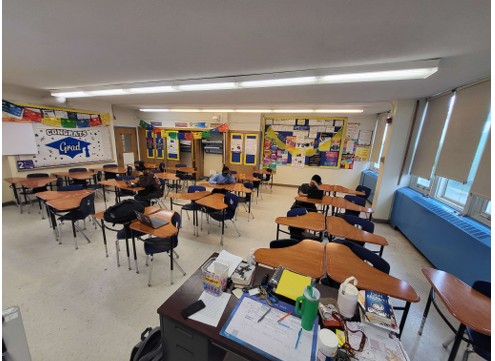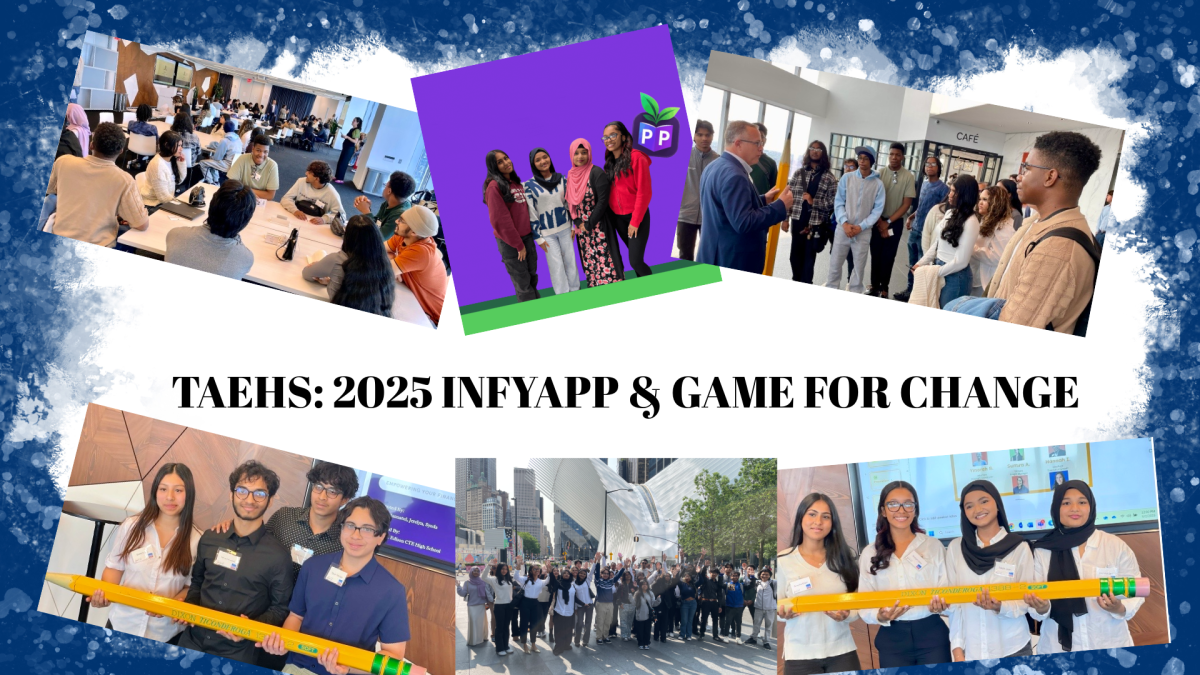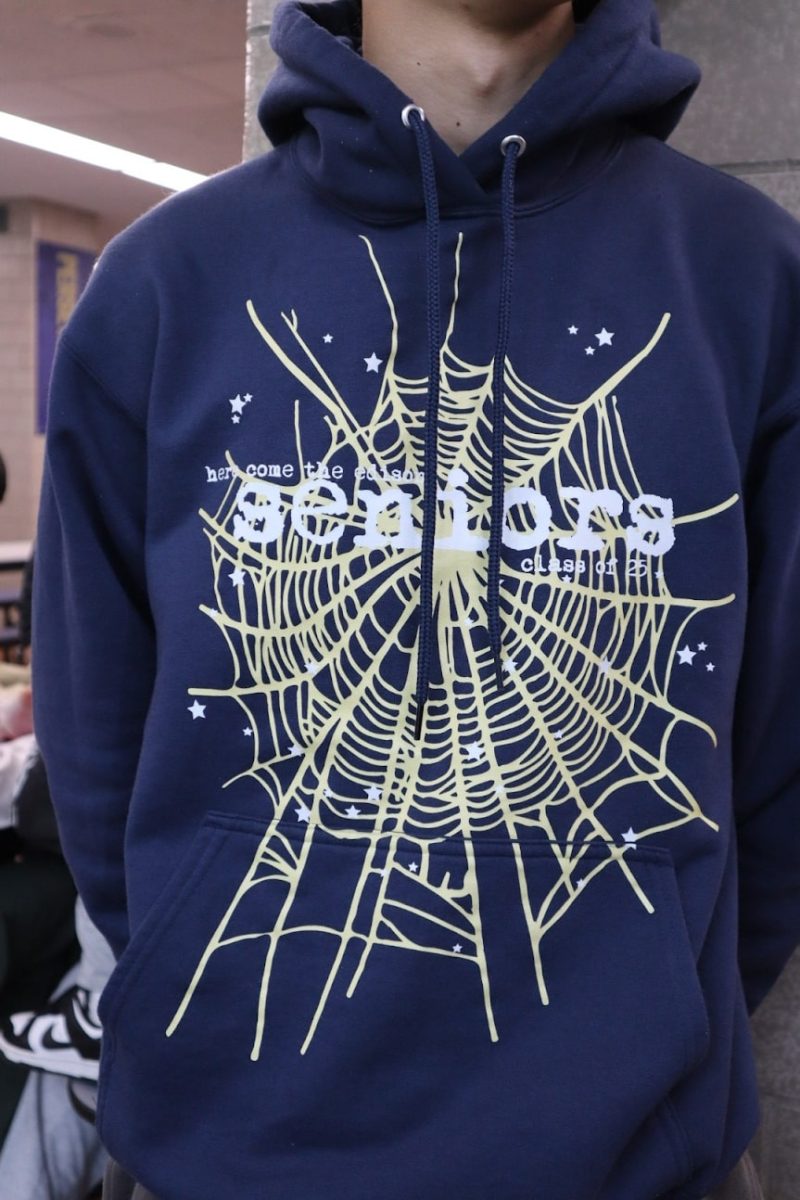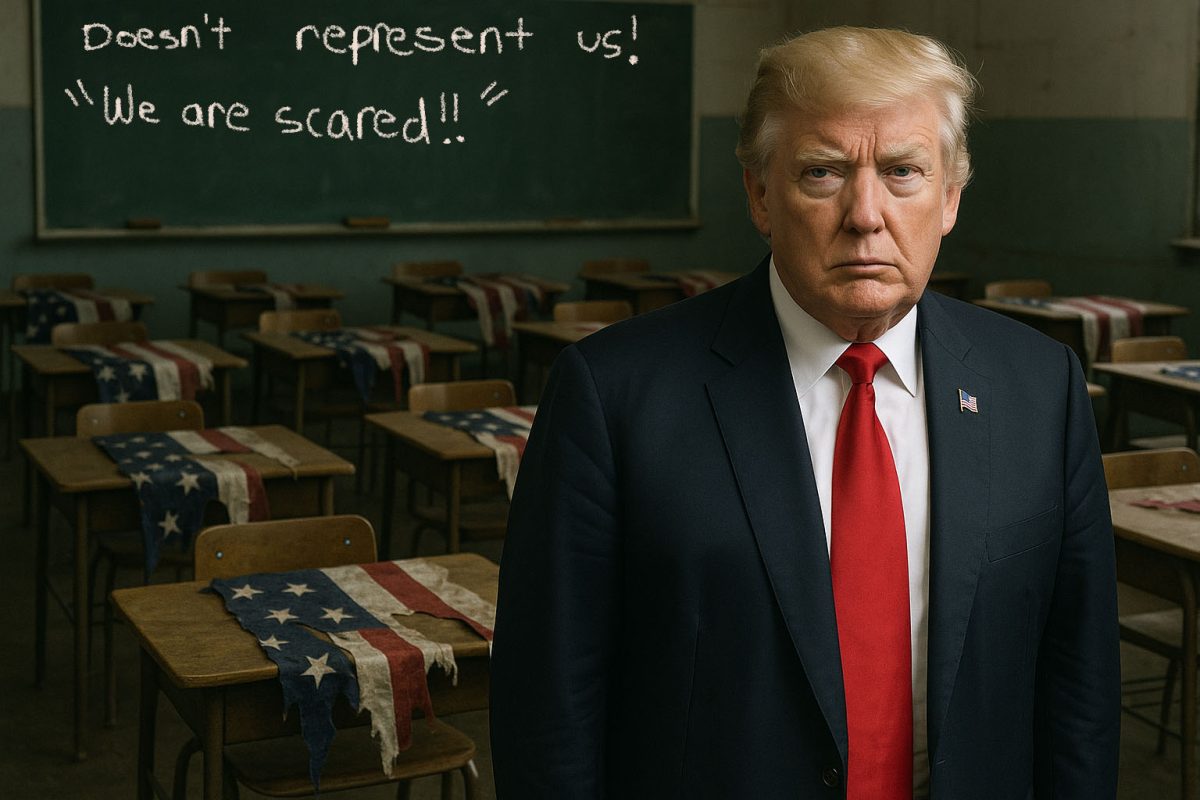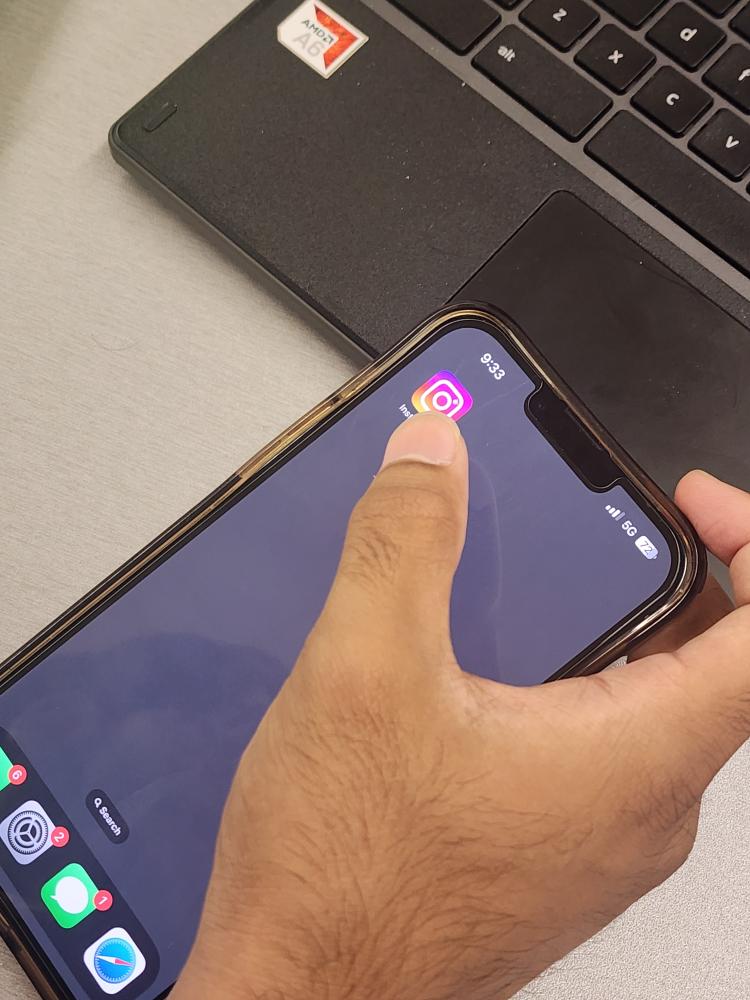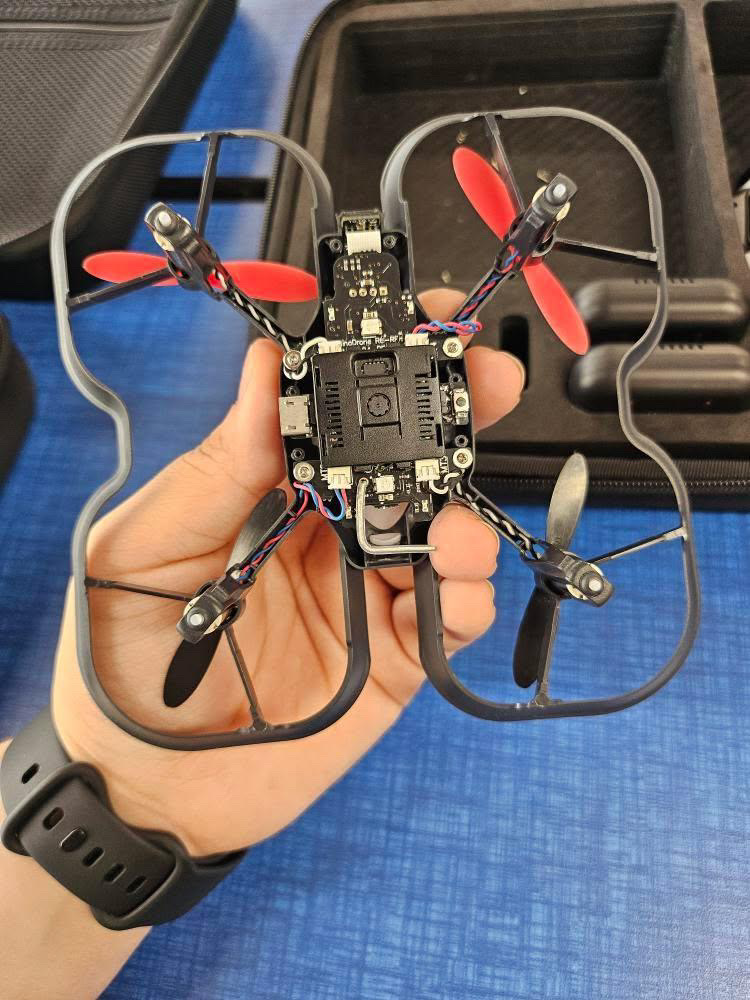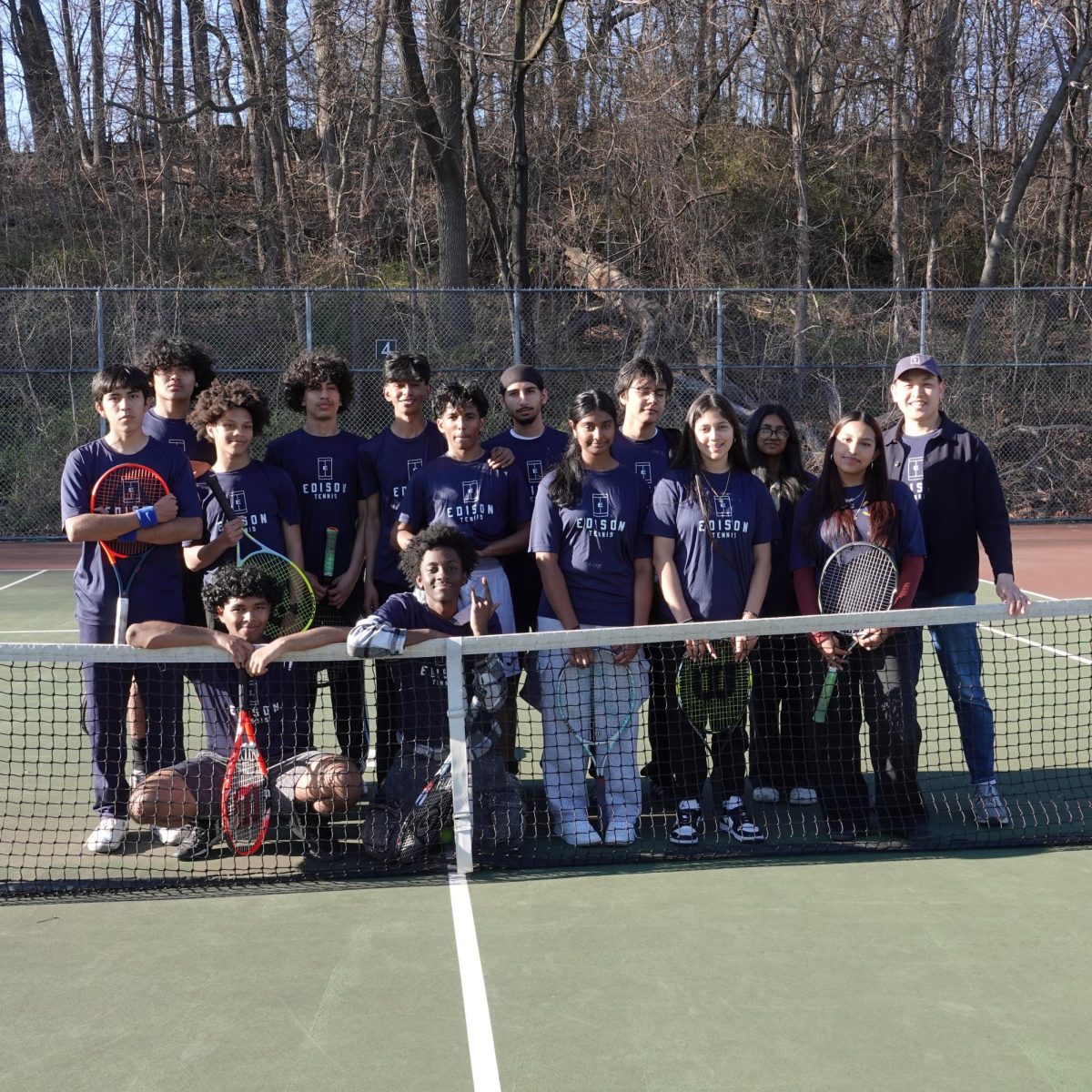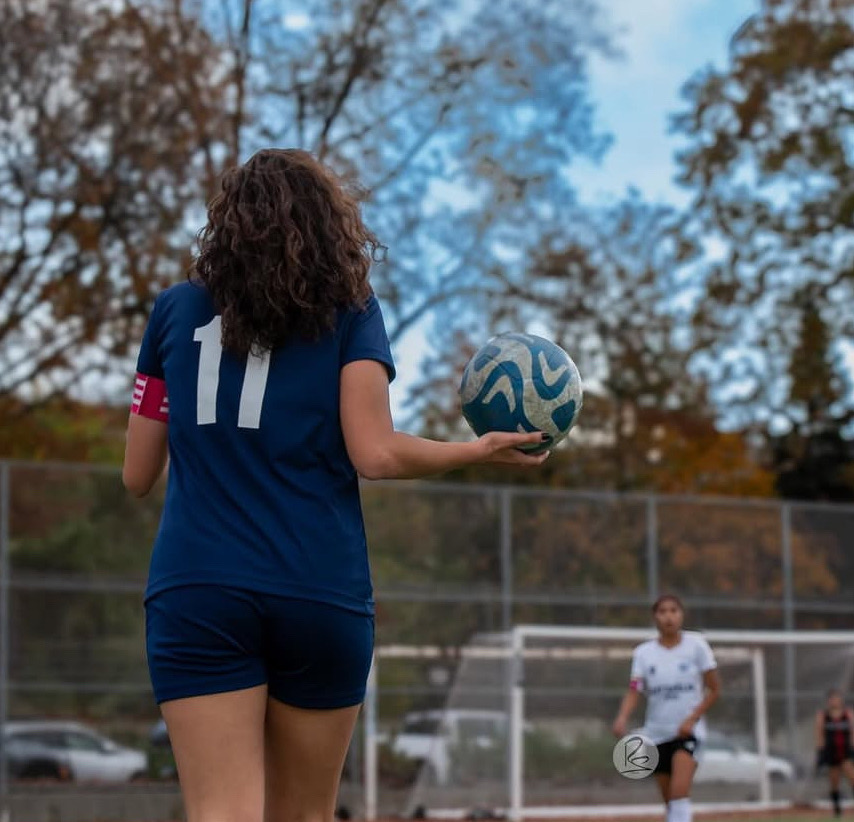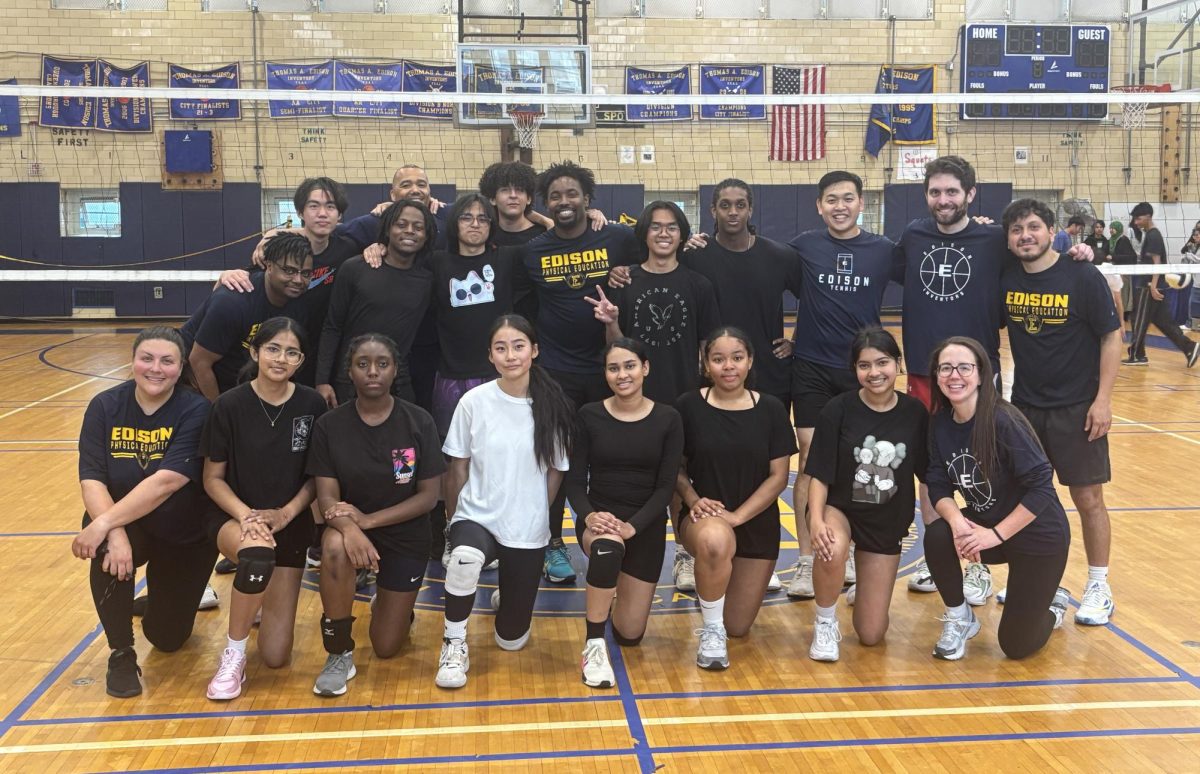Korean pop culture has quickly risen to popularity not only in America, but worldwide. Not too long ago, it was an interest that not many could not relate to. In fact, those who liked the genre were often pegged as “koreaboos,” a term used for someone who wants to drop their own culture to be Korean. Names, such as BTS, EXO, Blackpink, and Twice, are now globally known and have become more accepted as a common like.
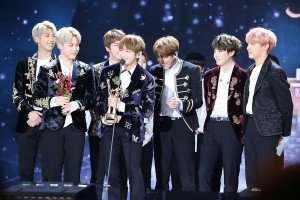
Photo Credit: Ajeong JM, via Wikimedia Commons
“I think that when “Gangnam Style,” by PSY came out was when K-Pop sparked popularity. The music video on YouTube became the most viewed for years and the first to reach 2 billion views. It only just sparked from there,” said Brian Dimaano, a junior who is a big fan of K-Pop.
PSY’s success resulted in more singles being dropped and only increased the curiosity in other Korean artists, which includes group BTS, now constantly topping American charts. Fans have only praise for them.
“From their moments off and on stage, I see them as very fun people… The lyrics maybe in another language, but I listen to it first and then see the English translation. This lets me appreciate the great music, and the message it gives,” revealed Dimaano.
Jennifer Macao, another big fan of BTS said, “It’s definitely their talent and music… their sweet personalities and the communication with their fan base on social media and tours. BTS make songs about topics you don’t hear often in America, like depression for one.”
Korean music talks about parties and romance, as do many pop songs of today, however the music also covers mental health, messages of farewell, friendship, and encourages listeners to have dreams.
“K-Pop is so popular because of the variety of songs and over-the-top performances. The talent that K-Pop idols have is levels above what most American artists have, in my opinion,” said Dimaano.
Macao stated that she loved the performance aspect as well. “I stayed with BTS because of their uniqueness to me… Kpop singers can really dance!”
This level of talent can be contributed to the years spent of training before artists debut. Teens audition to idol-producing companies after years of studying in schools dedicated to teaching them skills they need in the industry. After passing these auditions, they then sign a contract to be a “trainee” for that company only. They compete with other trainees for debut by training in acting, dance and music. Additionally, they can even be trained in languages to widen the possible fan base.
Although rigorous and a gamble, since not all trainees are guaranteed to be debuted, the system definitely results in popular artists and groups!

